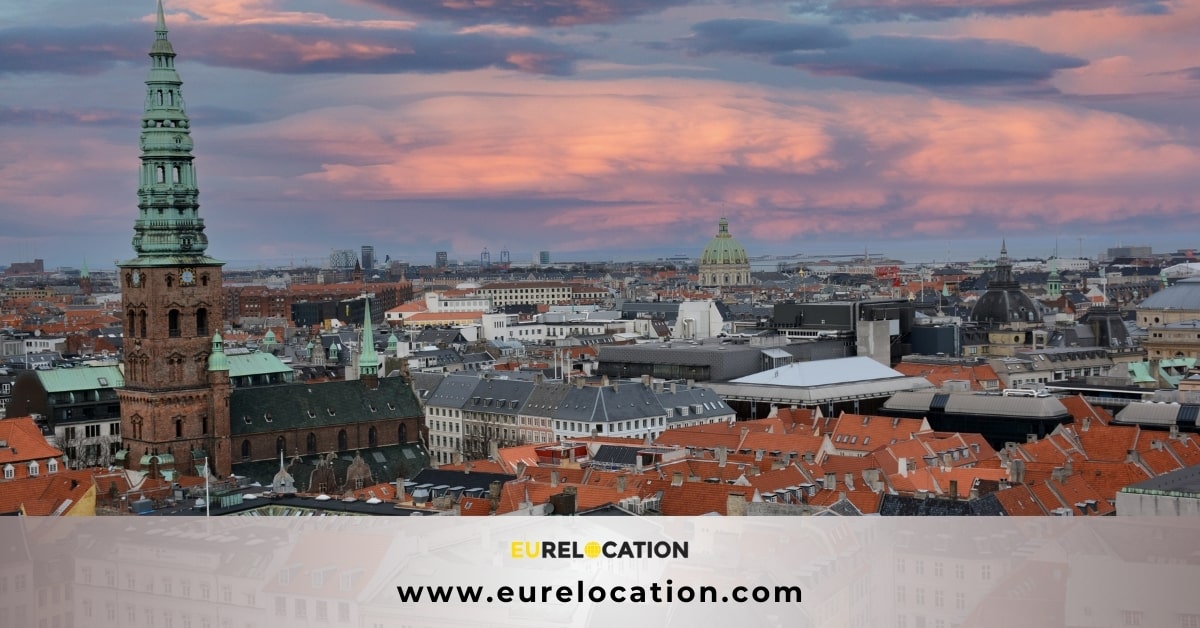When planning a move to Europe, the cost of living is a crucial factor to consider. This can significantly influence your choice of destination, affecting everything from your housing decisions to your lifestyle options. This article explores the diverse economic landscapes across Europe and delves into the varying costs associated with living in different European cities.
Understanding the Regional Economic Differences
The cost of living in Europe can vary significantly between regions. Northern and Western European cities, including Zurich, Copenhagen, and London, typically exhibit higher living expenses due to strong economies and high wages. In contrast, cities in Eastern Europe like Budapest and Prague offer a more cost-effective lifestyle, providing an attractive option for many expatriates and retirees. Southern European cities such as Lisbon and Athens also present a relatively lower cost of living, combining warm climates with affordability.
Housing Costs Across Europe
Housing remains the largest component of the cost of living for most people. In Paris, you might find yourself paying around €1,500 per month for a one-bedroom apartment in the city center, whereas in Prague, the same type of accommodation could be around €600. Such disparities are crucial for potential movers to consider, particularly if they are moving from regions with different economic standards.
Food and Dining: A Taste of Local Economy
The cost of groceries generally shows less fluctuation across Europe, but dining out can really illustrate the economic variances of each city. In Oslo, a simple meal may cost about €20, contrasting sharply with Madrid, where a similar meal could be as low as €10. This reflects not only the cost of living but also the local culinary culture.
Transportation: Getting Around in European Cities
Transportation is another significant aspect of daily expenses. Cities like London and Stockholm have some of the highest public transportation costs in Europe, with monthly passes exceeding €100. Meanwhile, Eastern European cities tend to be more budget-friendly, with passes often priced around €30.
The Case of Malta: A Practical Example in the Mediterranean
While discussing the cost of living across Europe, it’s relevant to mention Malta. This island nation sits in a unique position where the cost of living is moderate compared to other Mediterranean locations. Housing costs, while variable, typically lean towards the more affordable end of the spectrum compared to most Western European capitals. Additionally, general living expenses in Malta, such as groceries and public transportation, are reasonably priced, making it a practical consideration for those looking to move within Europe.
Healthcare and Leisure: Varying Costs Across Europe
Healthcare costs can vary widely, with Western Europe generally having higher costs offset by extensive public healthcare systems. In contrast, Eastern European healthcare might be more affordable but sometimes offers fewer services. Leisure activities also vary in cost, with cultural capitals like Vienna and Amsterdam often commanding higher prices for entertainment.
Cost of Living in Europe Considerations
Understanding the cost of living is crucial for anyone considering a move to Europe. Each region—from the bustling economic centers of Northern Europe to quieter, picturesque locales like Malta—offers unique advantages and challenges. Variations in living costs across the continent significantly impact your budget and lifestyle.
When evaluating potential relocation spots, consider not just immediate expenses like housing and food, but also long-term costs such as healthcare and transportation. These factors influence your overall experience and quality of life. Moreover, cultural elements such as local customs, language, and community involvement are also essential in adapting and enjoying your new environment.
Thoroughly researching the economic landscape of your potential new home is key. Europe offers a rich array of opportunities, each with its own economic and cultural characteristics. Whether you prefer the vibrancy of larger cities or the tranquility of smaller towns, understanding the cost of living can help ensure your move is both enjoyable and economically sustainable.









